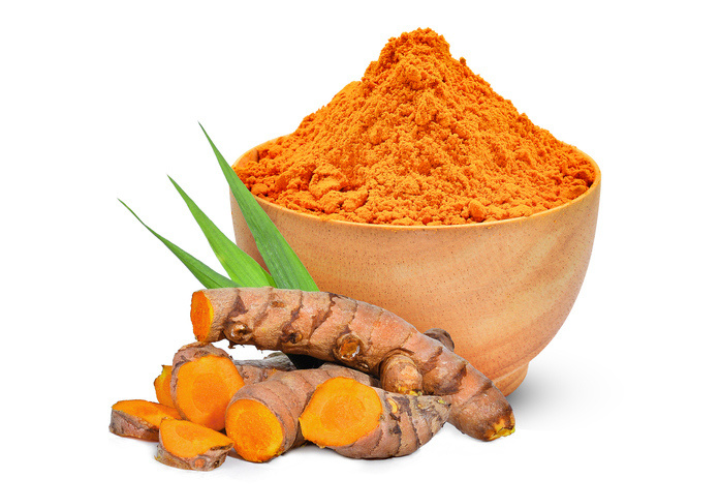
Turmeric is a spice used in foods, smoothies, and traditional medicine for its anti-inflammatory properties. Curcumin is an active compound in turmeric and is believed to be responsible for many of its health benefits and its potential to reduce arthritis symptoms. To understand how this spice works, we explain the science behind curcumin’s ability to relieve pain caused by arthritis.
Anti-inflammatory Properties
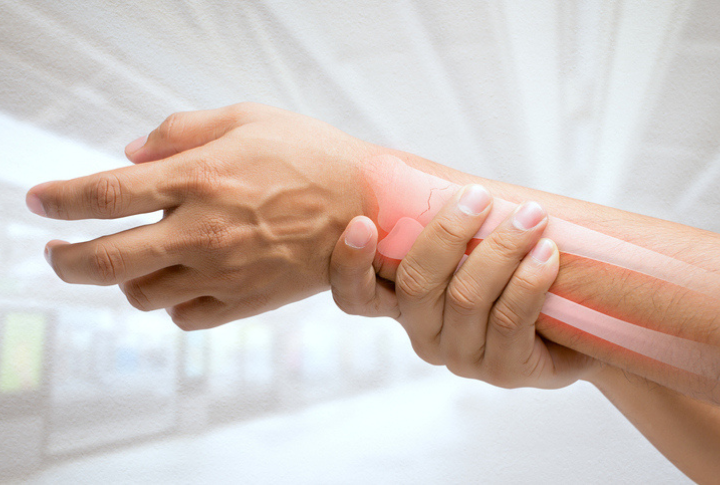
Turmeric, particularly its active compound curcumin, exhibits strong anti-inflammatory effects. Research indicates curcumin inhibits inflammatory pathways by blocking enzymes and cytokines that promote inflammation. These effects help reduce joint swelling and pain in people with arthritis, making it a potential alternative to conventional anti-inflammatory medications.
Antioxidant Effects
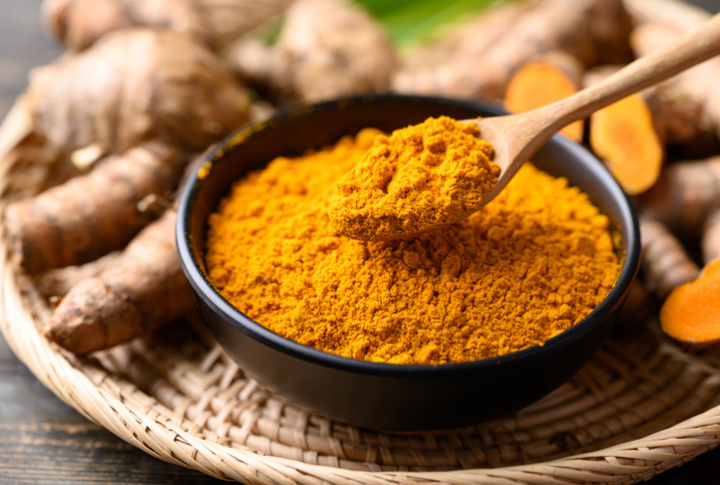
Curcumin’s antioxidant properties also play a crucial role in alleviating arthritis symptoms. The compound neutralizes free radicals that cause damage to cells and joint tissue. Since it reduces oxidative stress, curcumin helps protect joint integrity and function, relieves pain, and improves overall joint health.
Immune System Modulation
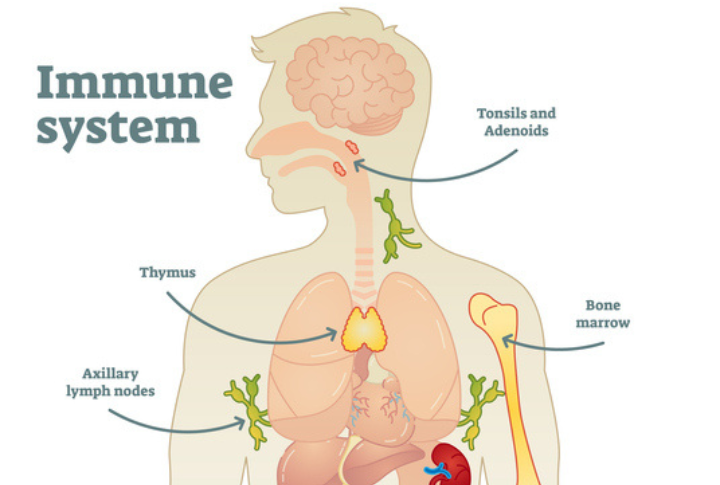
The curcumin in turmeric modulates the immune system, which is beneficial for autoimmune forms of arthritis like rheumatoid arthritis. It downregulates pro-inflammatory cytokines and upregulates anti-inflammatory cytokines, thereby balancing immune responses. The modulation helps reduce chronic inflammation and joint destruction associated with autoimmune arthritis.
Pain Reduction

Studies have shown that curcumin can directly reduce pain perception. The compound in turmeric influences pain receptors and pathways in the body, making it effective at lowering the sensation of pain. The analgesic effect is comparable to conventional pain relief medications but has fewer side effects.
Inhibition of Joint Degradation
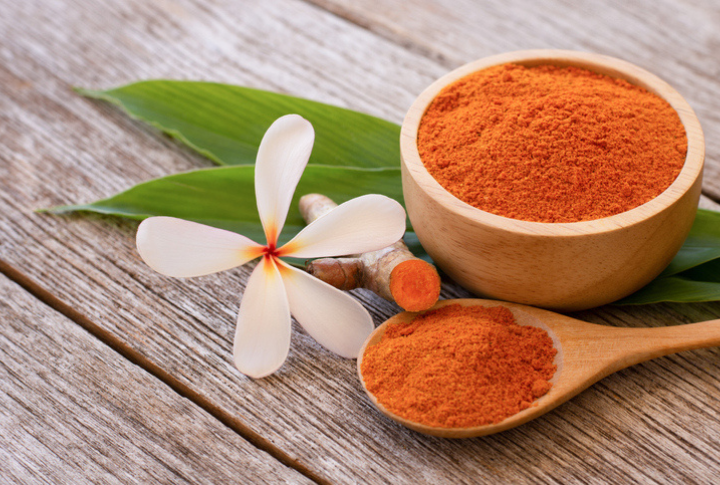
Curcumin has been found to slow the progression of joint degradation caused by specific types of arthritis, such as osteoarthritis. The spice can inhibit the activity of enzymes that degrade cartilage, such as matrix metalloproteinases. By preserving cartilage integrity, curcumin helps maintain joint function and mobility.
Enhanced Bioavailability
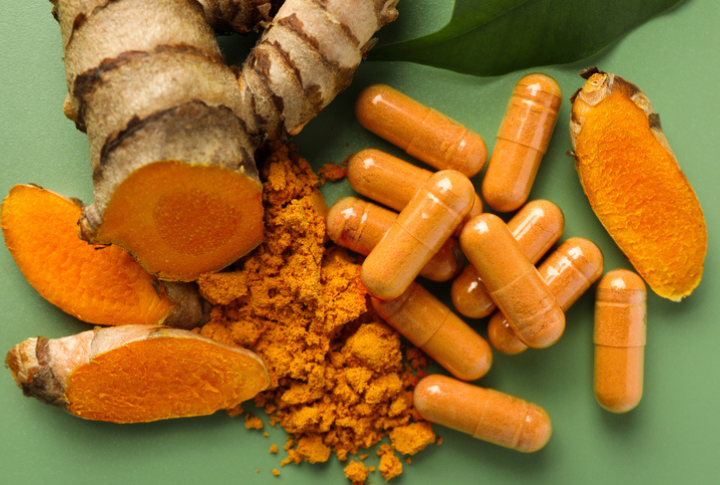
Turmeric’s therapeutic effects are enhanced by its improved bioavailability. Formulations with added piperine (found in black pepper) or those using nanoparticle technology significantly increase curcumin absorption in the bloodstream. The bioavailability ensures that sufficient amounts of curcumin reach affected joints, which can maximize its anti-inflammatory and pain-relief benefits.
How to Take Turmeric Supplements for Arthritis
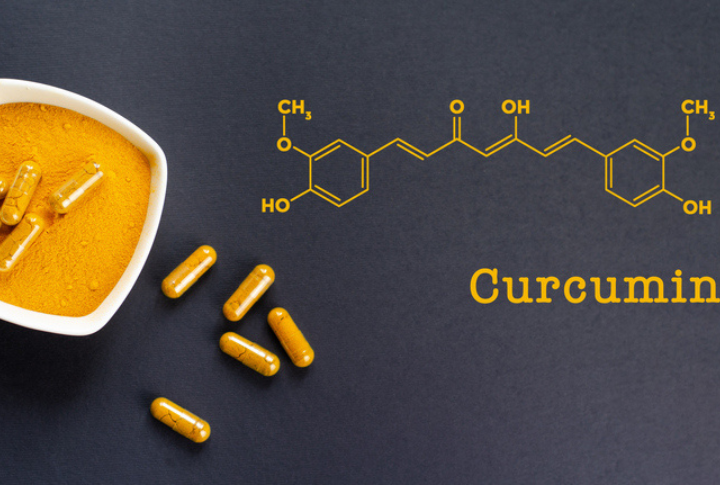
Start with 500-1,000 mg of curcumin daily, divided into two doses. Additionally, it would help if you looked for supplements containing piperine to enhance absorption. Speak to your doctor before taking supplements to ensure safe and effective use tailored to individual needs.
Who Should Avoid Taking Turmeric for Arthritis

Individuals with gallbladder disease, bile duct obstructions, or gastrointestinal disorders should avoid turmeric, as it can exacerbate these conditions. Pregnant women, those on blood thinners, or people scheduled for surgery should also refrain due to potential bleeding risks.

Comments
Loading…